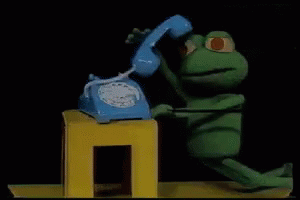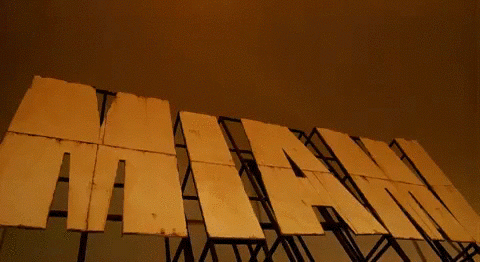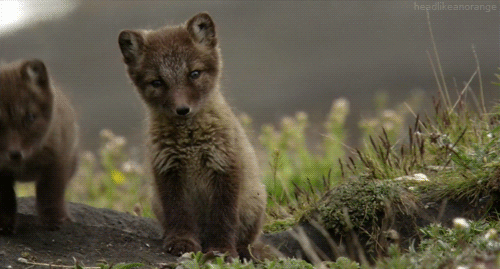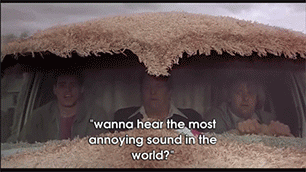Shakespeare: Inventor
Shakespeare is first and foremost one of the most famous playwrights in human history, but he was also an inventor. Kind of. In the course of writing his plays, he invented over 1,700 words, and they’re not obscure words. Those words include: Addiction, assassination, bedazzled, fashionable, and uncomfortable.
Sending out an SOS
What does SOS stand for? “Save our souls?” “Save our ships?”
Technically, it stands for nothing. You see, SOS isn’t an acronym, it’s a backronym, where a phrase is smooshed into a pre-existing set of letters. So, how did SOS come to mean save our souls? Because SOS was easy to transmit in Morse code in case of disaster. The fact that the phrases “save our souls” and “save our ships” fit into SOS was a nice coincidence.
Up here, we speak English
If you’re in the aviation world, you speak English. Seriously, no matter where you are in the world, all aviation crews universally speak English, due to past airline disasters where language was a barrier.
That being said, it’s known as “Aviation English,” which is limited to the classic phrases like “roger,” “standby,” “approach,” and so on.
So, what’s up with the “quick brown fox”?
Sometimes, when you test out a font, you’ll see it in the following sentence:
“The quick brown fox jumps over the lazy dog.”
Why that sentence? Because it’s a “pangram,” a sentence that uses every single letter in the language. Another example of a pangram is “Waltz, bad nymph, for quick jigs vex.”
The same and the opposite
One of the reasons the English language is a bastard to learn is because it features many “contronyms,” words that have different meanings that totally contradict each other. For example, the word “fine” can mean top of its class, or just mediocre.
OMG is how old?
Even though you’d associate it with modern day texting, OMG has been around for over a hundred years, coined 1917 by none other than Winston Churchill in one of his many famous letters.
Similarly, LOL has been around since the 1960s, but it didn’t mean laugh out loud back then. It meant “little old lady.”
The most annoying word
A 2016 poll conducted by the Marist Institute for Public Opinion tried to determine what the most annoying word in the English language. The polling ended up choosing the word “whatever,” which makes so much sense that no explanation is required.
The original name for orange
Weird fact about the color orange: English speakers didn’t start calling the color that until they encountered the fruit. In the 16th century, about 500 years ago.
The original name for the color came from Old English, and was called “geoluread,” which was roughly “red-yellow.” Maybe it’s just because it’s what I’m used to saying, but geoluread just seems like a terrible word.










